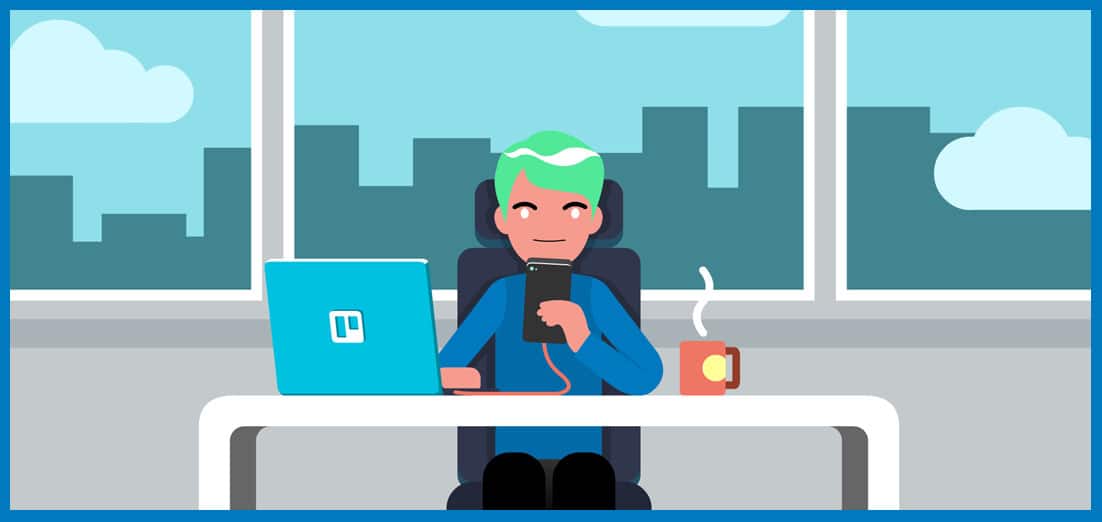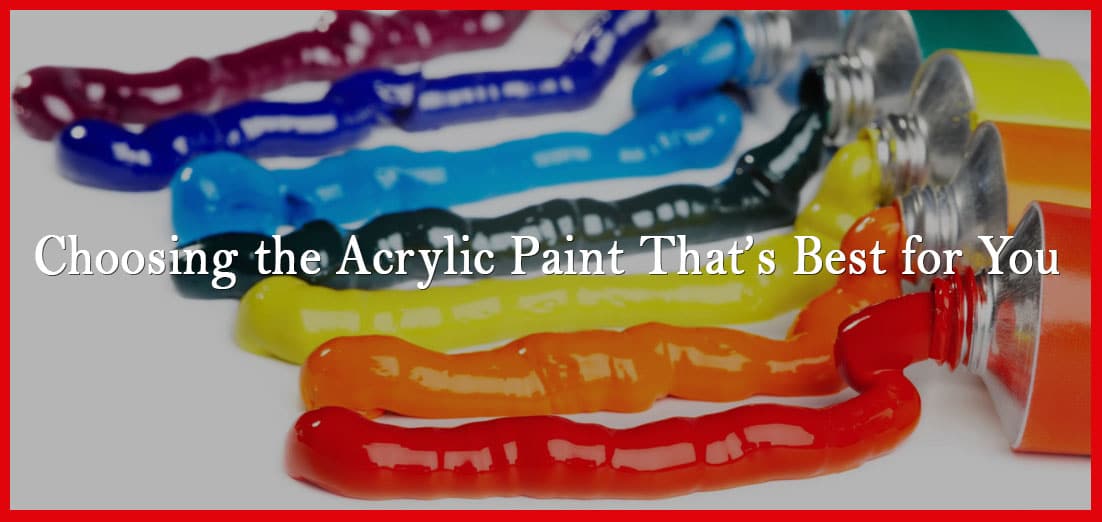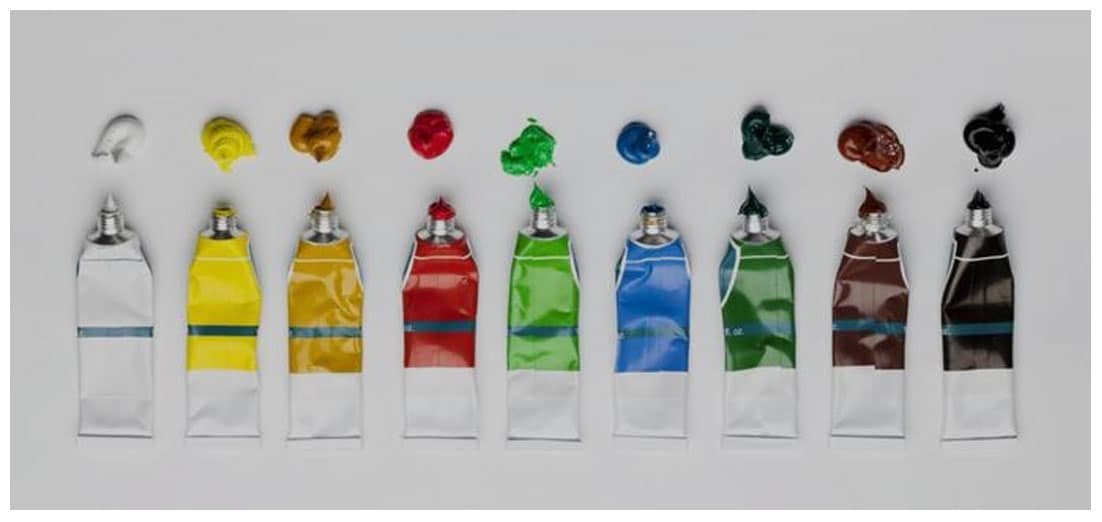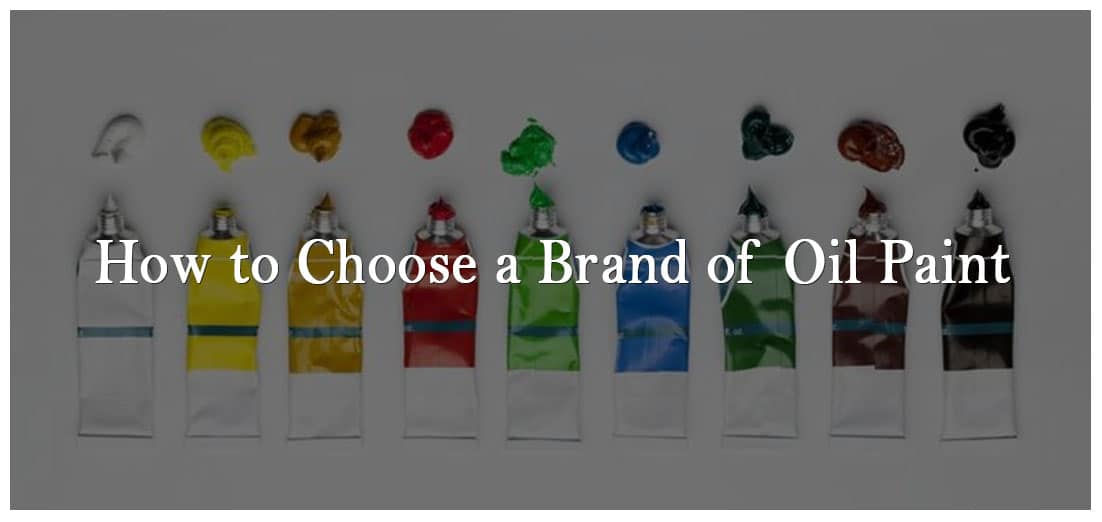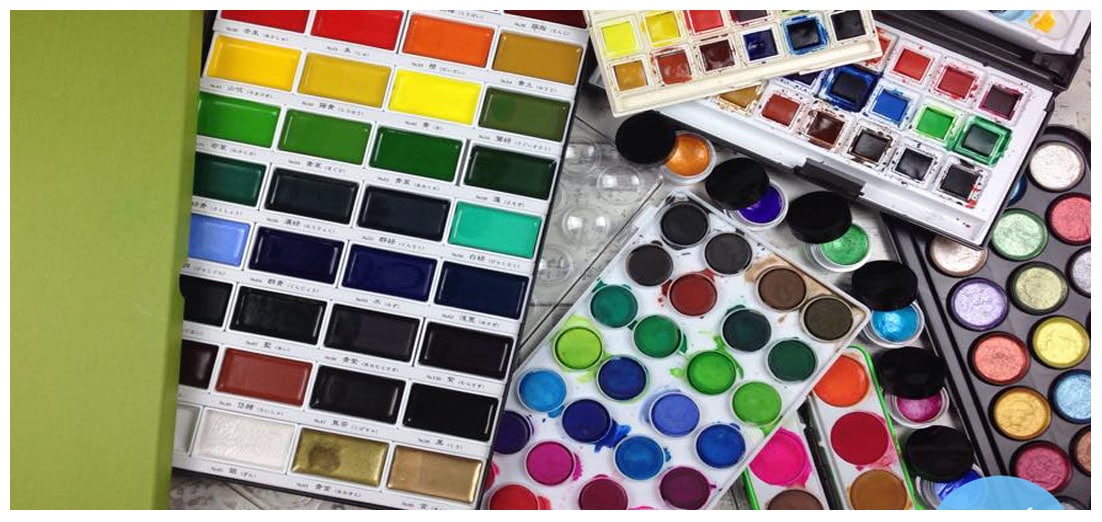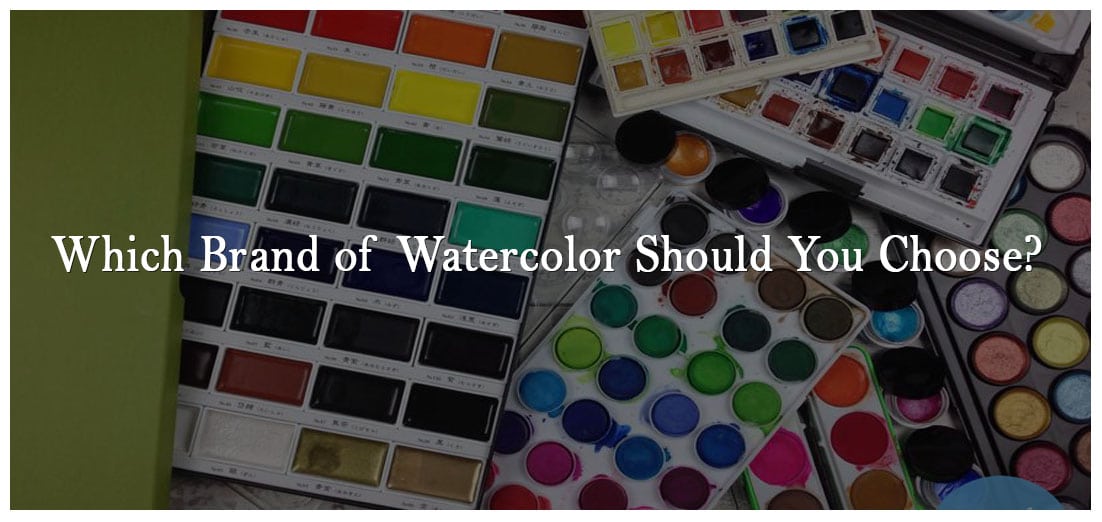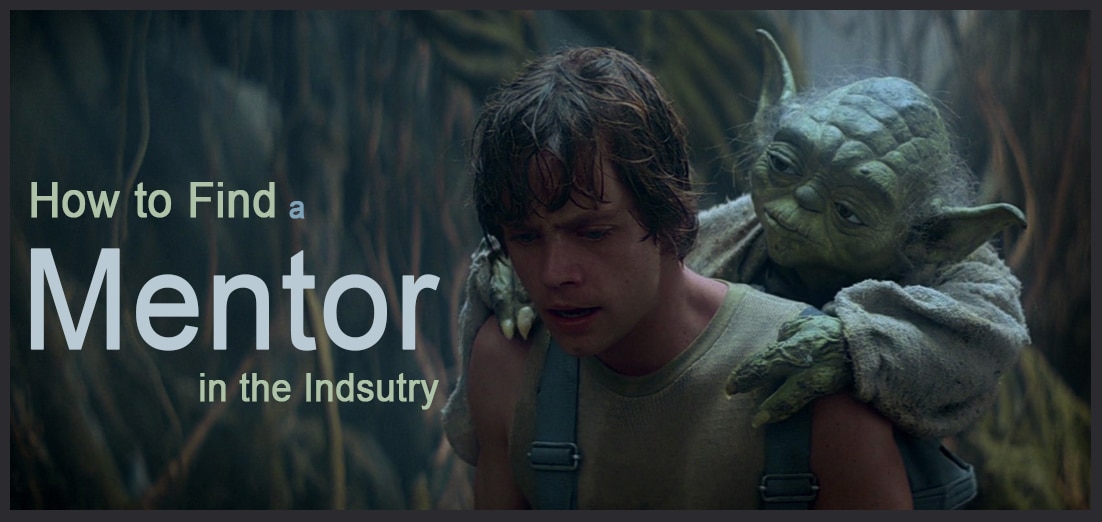
How to Find a Mentor in the Industry
Eliott gives you advice on how to find a professional mentor in the industry.
Q My name is Miguel and I’ve lived up to the challenge of self-teaching myself the fundamentals of art, after I graduated in summer 2016. I’m in no way a pro like you are, but the hard work earned me a few freelance gigs, some of them resume worthy.
The reason I share my work history with you is because I came to ask about a possibility to have a mentorship from you. I’m not a beginner and I’m not a professional. I’m in a weird spot where I can fail a lot and hurt myself a lot, both in portfolio development and career. A professional like you could help me avoid mistakes like this and speed up the prospect of finding a full time job. I have envisioned something like a design brief and a quick review/draw over of the same assignment. This would be a portfolio development of sorts.
I know anyone can get there without a mentor, but anyone will get there faster with one, and the view is more interesting while riding with someone else along. I’m not particularly young, nor my family situation is the best, and being a graduate, it would be tough to start over in another school like FZD or Art Center or move to expensive countries.
Miguel Nogueira
www.miguel-nogueira.com/concept-art
A Hey Miguel, thanks for taking the time to reach out; I am flattered that you think so highly of me to be your mentor. I would love to help you out, but at the moment, my schedule is swamped. Between working a full time AND a part time job, running The Big Bad World of Concept art website, authoring a second book, and working on my personal projects, all while raising my new born daughter and trying to be a good husband to my wife, you can see how I’m left with little to no free time to spare.
I agree with you wholeheartedly however, that having a mentor will be immensely helpful, so don’t give up on that effort! Here’s some info to help you find one.
1. First of all, finding a mentor out of the blue is incredibly tough. Put yourself in their shoes – They don’t have a relationship with you, and therefore can’t know how you operate or if it’s worth their time to help you. They may also be drowning in similar requests, so why should they pay attention to yours? By turning the tables, you can appreciate the uphill battle that waits you. Therefore, don’t ask for the person to “be your mentor” right off the bat. That’s a big ask- far too big for the first introductions.
2. Instead, its better to let a conversation form and evolve naturally over time. Get on their radar by follow their work, and being helpful and supportive. Tweet out their posts, comment in a positive way on their blogs or Facebook pages, share their updates, start a discussion on LinkedIn drawing from their post, etc. Give, and give more so that over time your presence will become welcomed and when you finally reach out to them, they may be more inclined to answer your email because you’ve been of service to them. Gaining this favor can be just the thing you need to get your ‘foot in the door. It’s also a great way to get to know the person better and see what they really have to offer.
3. When its time to ask for that favor, I’d start small. Ask a specific question or for a specific piece of brief advice, then see how they respond. (How quickly do they get back to you, how thoroughly they explained their answer, etc). If he or she is local, ask them if they would be willing to meet up for lunch or coffee (Keep it less than an hour and pay for the meal).
4. After meeting, you can evaluate the encounter and decide if you want to spend more time with that person. Was a connection made? Was he or she encouraging your efforts or telling you what to do? Did she ask questions, or wait to provide answers? (Remember, the point of a mentor ship is to ask a question and get an easy to understand answer. The relationship should be comfortable If not, feel free to let the relationship go and seek out someone else, instead.
5. If you are comfortable with the encounter, then build upon your dialog. Ask them if they’d be willing to view your work from time to time and offer advice/ feedback. If this is successful, you won’t even need to mention the word “mentor” because it would have happened fluidly. That’s not to say you can’t officially ask them, but my point is, that you may not have to.
Things to remember
1. Once you get the mentor ship, you must remain open and flexible to new ideas, while remaining resilient and respectful at all times. You must also be eager to learn, and committed to modifying your workflow process for the better.
2. And above all else, you can’t quit, when the going gets tough. Doing so hurts not only your artistic growth, but sours the opinion of mentor-ships for the professional who mentored you. He or she may not be quick to mentor any one else after you and you would have single handedly messed it up for the rest of us.
Here’s the bottom line: While most artist have no problem answering a question or two in in a specific email, they will likely need to further persuasion to make a bigger commitment. Mentorships are serious and should not be taken lightly. Make sure you can dedicate the time and energy necessary to be mentored properly. Its also equally important that you find the right person to mentor you. If this all seems overwhelming, there are paid mentorships available for such reasons. In these instances, you can skip all of the awkward introductions and desperate pleas for help, and get right to learning. You can buy a chunk of an artist’s time in exchange for him or her helping you with your issues. We list a few mentorships on our website. I’d start there to get more information.
I know this is not the answer you were hoping for, but I help that I’ve at least helped you out and pointed you in the right direction.
-Eliott
Want to help us grow our resources section? If a resource has helped you greatly please e-mail it to me or any suggestions
to: me@eliottlillyart.com. I will be keeping this list updated as I discover new entries. Thank you--

